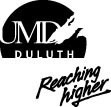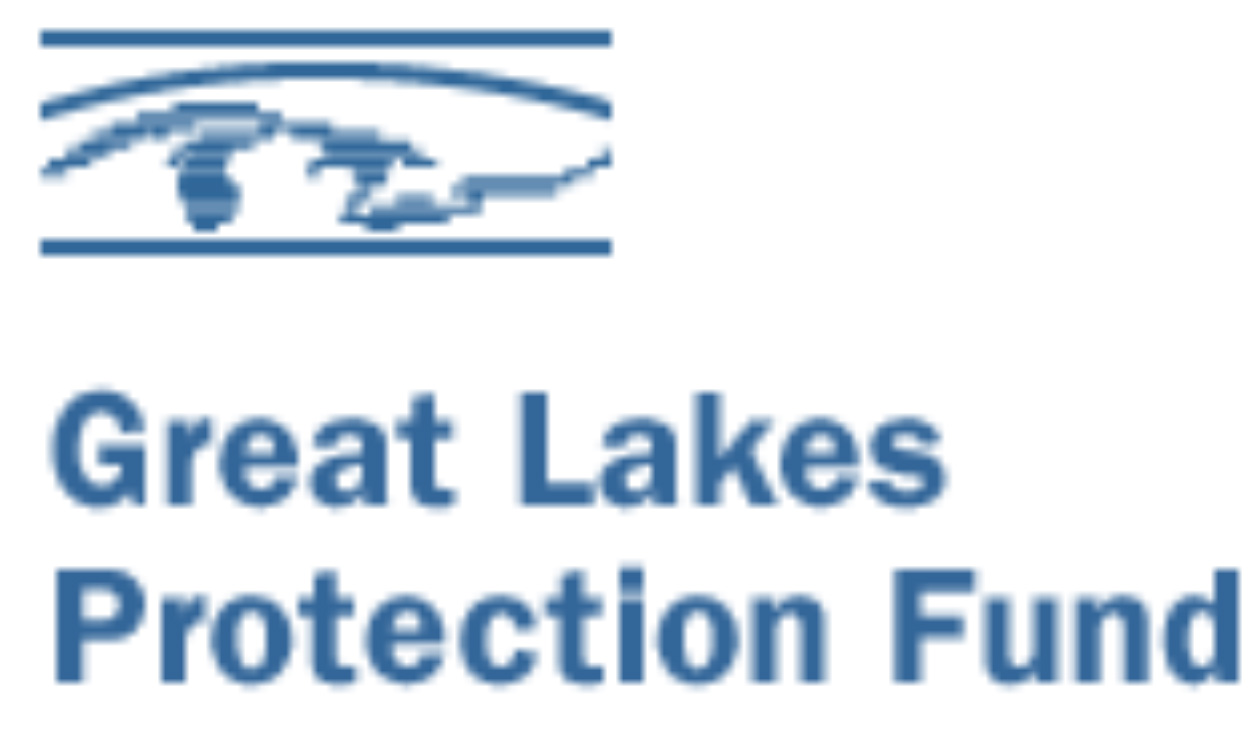

Ship-Mediated Harmful Microbes
The Great Lakes support indigenous microbes, as well as macroflora and fauna, which are critical to the maintenance of the physical, chemical and biological features of the Great Lakes ecosystem. Yet, virtually nothing is being done to protect the Great Lakes from the potential effects of introducing and translocating non-native microbes by ships and other vectors. The Northeast-Midwest Institute (Allegra Cangelosi, Nicole Mays) and collaborators from Cornell University (Mark Bain, James Casey, Paul Bowser), Old Dominion University (Fred Dobbs), the University of Minnesota Duluth (Randall Hicks), the USGS Western Fisheries Research Center (Jim Winton), and the Great Lakes Commission (Tim Eder) will devise ship-based and harbor monitoring protocols, develop monitoring tools and methods for microorganisms that threaten human and wildlife health or are otherwise ecologically or economically important, and convene programs to generate practical approaches to managing these risks to the Great Lakes.
Our lab with other team members are (a) evaluating microbial threats to human health and the Great Lakes ecosystem that might be introduced or translocated via ship ballast water, (b) constructing libraries of bacterial clones to determine if there are other bacterial species of concern associated with the exchange of ballast water in the Great Lakes, and (c) developing a qPCR assay for a bacterium that is a model for economically harmful microbes.
This project, which started in late 2007, will continue for the next three years with support from the Great Lakes Protection Fund.
For Prospective:
